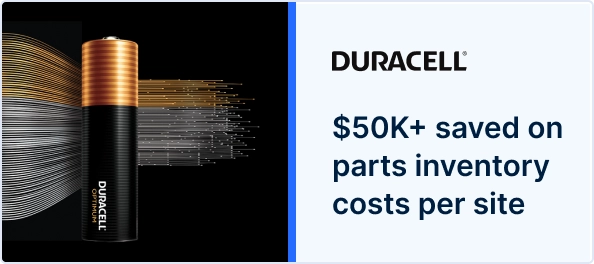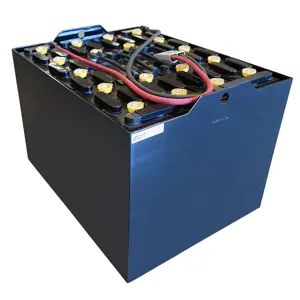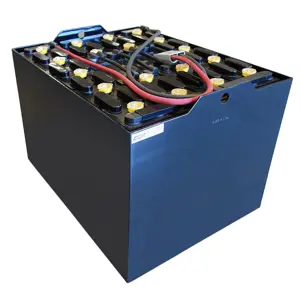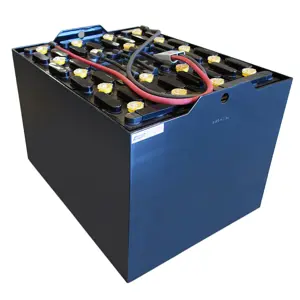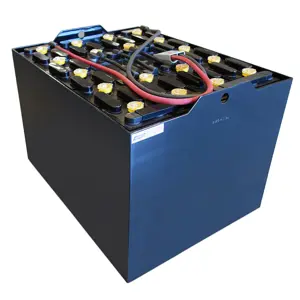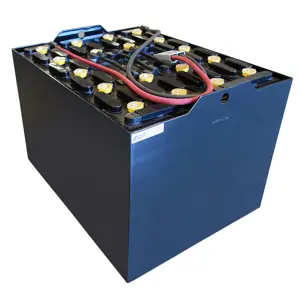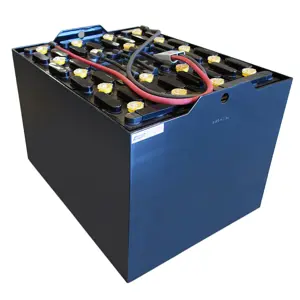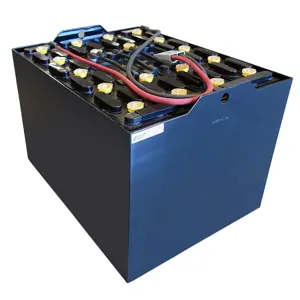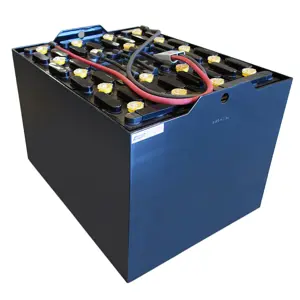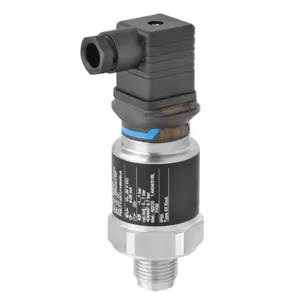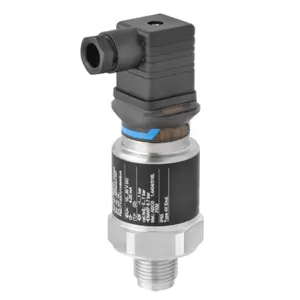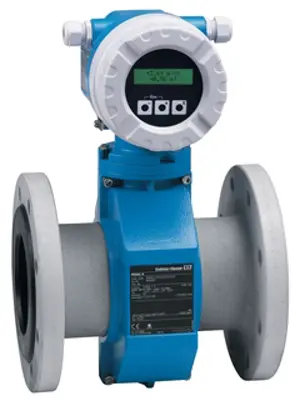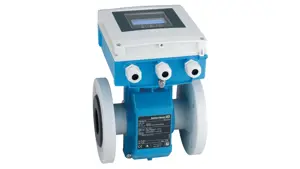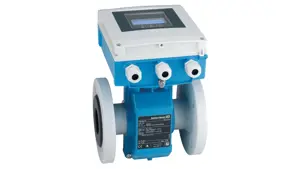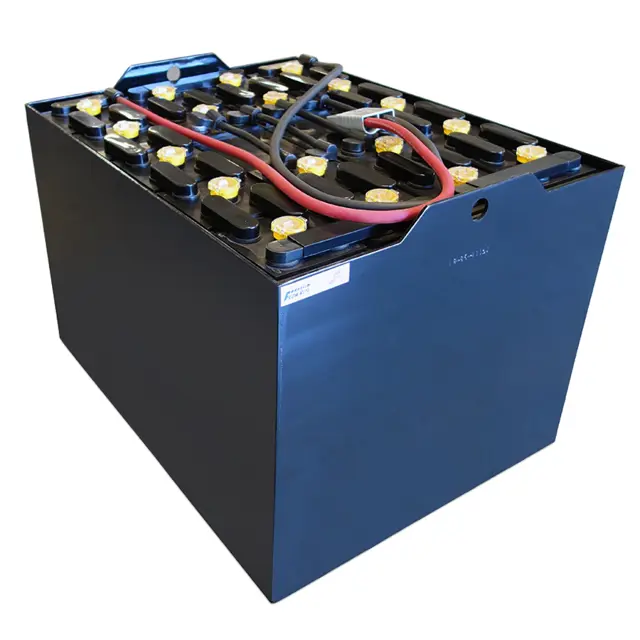

The Crown Battery 18-85S-23 is a high-performance lead-acid battery designed for industrial applications. Known for its durability and reliability, this model provides excellent energy storage and discharge capabilities, making it ideal for various heavy-duty uses. Trust Crown Battery for superior power solutions in your operations.
Turn manuals into instant answers
with your AI-powered assistantTurn manuals into instant answers
with your AI-powered assistant
Manual for Crown Battery 18-85S-23
Complete asset maintenance, one click away
Get instant access to all the maintenance information you need. Empower technicians to perform preventive maintenance with asset packages, ready to use right out of the box.
Documents & Manuals
Find all the essential guides in one place.
Tensioning Guide
Belt-diagram
C-120 pulleys
+ 13 more
Work Order Templates
Pre-built workflows to keep your asset running smoothly.
Daily Electrical System Inspection
Replace Roller and Pulley
Install Engine B-120
+ 29 more
Procedures
Integrate maintenance plans directly into your work orders.
Motion Industries
Applied Industrial Technologies
Electrical Brothers
+ 5 more
Parts
Access the parts list for your equipment in MaintainX.
Drive Motor
B2 Rollers
Tensioning System
+ 40 more

Crown Battery 18-85S-23
Create an account to install this asset package.
Maintenance Plans for Crown Battery Model 18-85S-23
Integrate maintenance plans directly into your work orders in MaintainX.
Battery Opportunity Charging
Opportunity/ Opportunity Fast Charge battery procedure
Is the battery in the truck?
Enter the current charge of the battery in amperes
Opportunity charge is generally between 25-30 amperes per 100 ampere hour
Opportunity Fast Charge is generally 45-55 amperes per 100 ampere hour
Is the battery operating between 20% and 80% of its state of charge?
If the charger is rated higher than the connector on the battery, battery modifications will be needed.
Select the modifications done
The battery recording device allows the manufacturer and the user to diagnose problems and to correct and fine tune the operating system.
1 Daily Battery Water Replacement
Warning: This procedure requires trained personnel with PPE!
Tray Corrosion
Check for any breaks in the coating of the steel tray
Check for any accumulation of dampness or acid on the battery
Watering Schedule
Check the electrolyte level of two or three cells each time the battery is changed
Add water to all of the batteries assigned to each charging area on a regular time schedule
Spot check the electrolyte levels periodically to determine if the proper levels are being maintained
Frequency of charge
8 Hourly Battery Maintenance
- Cycle Charge battery:
This is the complete recharge of a battery after it has been fully or partially discharged during normal operation. In general, a cycle charge is based on an 8‐hour charging cycles, but can be extended, depending on need
- Freshening Charge battery:
A freshening charge is used to bring a battery to a fully charged condition before it is placed in service or when it has been standing idle for a short period. It takes about three hours at the finish charge rate (3‐6 amperes per 100‐ampere hours of the battery’s 6‐hour capacity rating)
Charging Process:
When a battery is placed on charge, the opposite action of battery discharging takes place; the sulfate in the active material of the plates is driven back into the electrolyte
This reduces the sulfate in the plates and increases the specific gravity of the electrolyte and the electrochemical process continues until the on-charge cell voltages reach 2.50 to 2.70 volts per cell, depending on the type of charging equipment used
Finish rate or "normal" rate is that current which can be used safely any time charging is required and which can be continued after the completion of the charge without causing excessive gassing or high temperature resulting from overcharge. The finish rate is shown on the nameplate of Crown Batteries
Generally, the finish rate is 3.5 amperes per 100 hours of the battery's 6-hour rated capacity. A partially or completely discharged battery can safely handle currents much higher than the finish rate, but as it approaches full charge, whatever charging rate is used must be reduced to the finish rate
3 Monthly Battery Cleaning
- To prevent corrosion and the resultant problems, batteries must be cleaned and dries routinely
Sometimes minor spills or overflows of electrolyte occur due to overfilling. Instead of giving the battery a general cleaning at this time, the moisture can be removed with rags or paper towels. (This should be immediately disposed of.)
The frequency of a general cleaning depends upon two factors:
1. How quickly dust, dirt, oil, and other foreign matter accumulates on the top of the battery, and 2. How quick the electrolyte spillage accumulates
When the top of a battery is "dirty" or looks damp, it is ready for a general cleaning. It could be as often as every two weeks or as infrequent as every six months, depending on the battery's environment and the care it receives. The average battery needs general cleaning every three months
To give a battery a general cleaning, use Powerhouse Cleaner's 3 Step Process (Corrosion Remover, Battery Cleaner, Rinse)
Powerhouse's Corrosion Remover was developed specifically for the removal of heavy corrosion and acid neutralization. For use, spray onto the corroded areas (will turn a rust looking color) and let sit for at least 10 minutes
Powerhouse's Battery Cleaner is a mixture of 2 parts cleaning detergent to 1 part acid neutralizer. Battery Cleaner is OSHA compliant and environmentally safe. For use, spray across the entire battery and let sit for at least 10 minutes
After the Corrosion Remover and Battery Cleaner have both sat for at least 10 minutes the battery can now be rinsed. The corrosion and acid should be neutralized and can be washed down the drain (note if lead pieces from the top of the battery are in the water they should be disposed of properly.)
2 Monthly Battery Maintenance
Equalizing Charge
Enter the type of battery
Number of cycles per week
Average discharge depth (%)
Select the frequency of equalization
Battery equalized successfully
Sign off on the battery maintenance
Unlock efficiency
with MaintainX CoPilot
MaintainX CoPilot is your expert colleague, on call 24/7, helping your team find the answers they need to keep equipment running.
Reduce Unplanned Downtime
Ensure your team follows consistent procedures to minimize equipment failures and costly delays.
Maximize Asset Availability
Keep your assets running longer and more reliably, with standardized maintenance workflows from OEM manuals.
Lower Maintenance Costs
Turn any technician into an expert to streamline operations, maintain more assets, and reduce overall costs.
Thousands of companies manage their assets with MaintainX
















